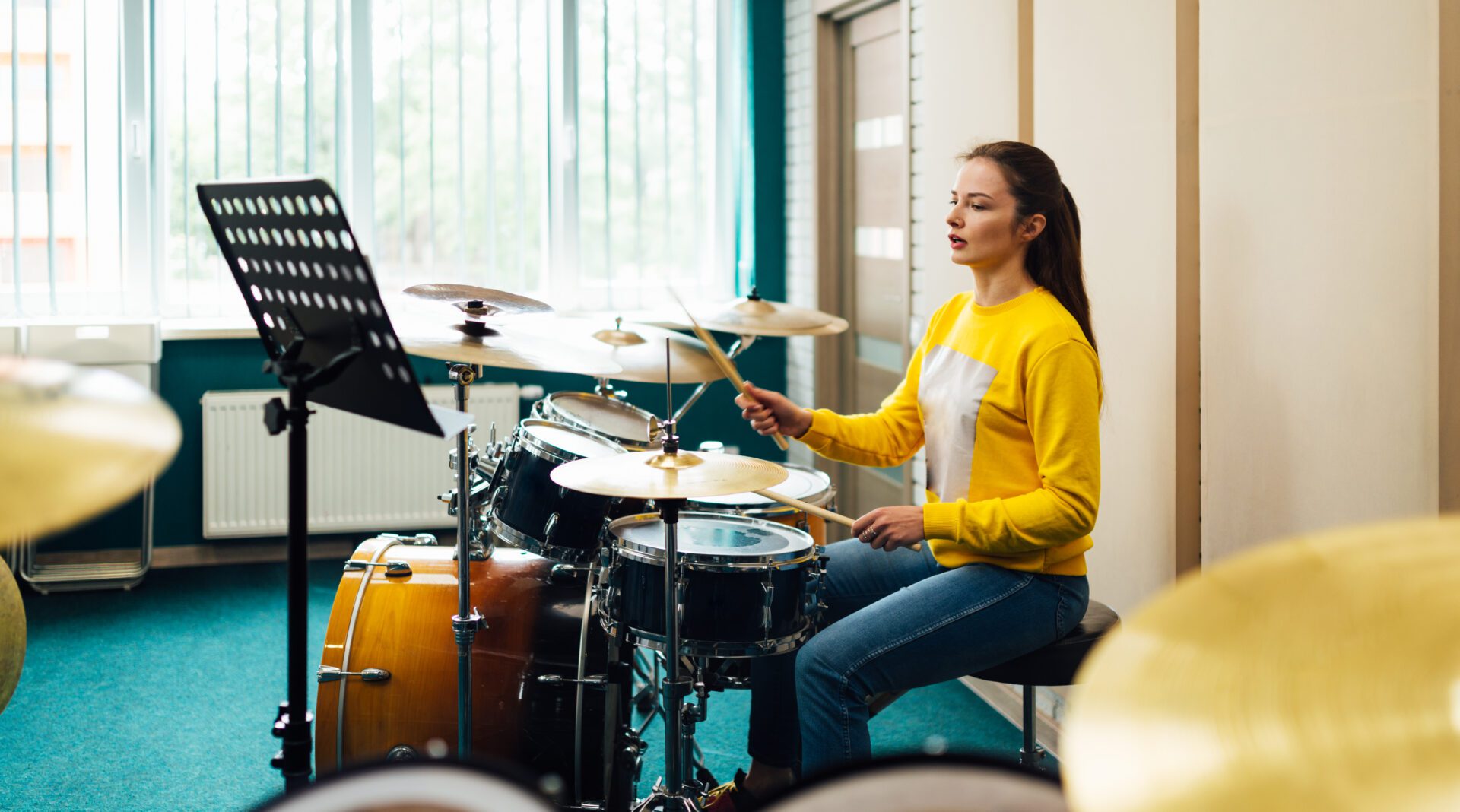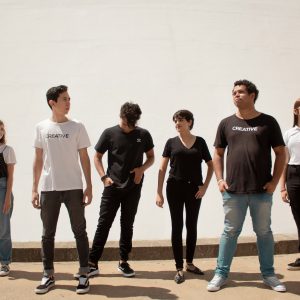 View Winners →
View Winners → 
Music education increases neural connections in the brains of adolescents and boosts their overall well-being, according to a USC study released Wednesday bolstering the benefits of music programs in California public schools.
Beatriz Ilari, an associate professor of music education at the USC Thornton School of Music, said in statement that she believes music could “help students develop skills and competencies, work out their emotions, engage in identity work and strengthen connections to the school and community.” She said the study’s results are particularly relevant amid a ‘nationwide mental health crisis.
“We know that the pandemic has taken a toll on students’ mental health,” Ilari said. “Music might be an activity to help students develop skills and competencies, work out their emotions, engage in identity work and strengthen connections to the school and community.”
According to the study, students who began studying music before the age of 8 were more positive about the future than others. The research team also concluded that those students usually score higher in academics and other key development measures, even compared to older students.
Researchers found that sixth-grade students scored higher for “overall positive youth development” than eighth-graders, and showed higher confidence levels than seventh- and eighth-graders. Seventh-graders were also found to have higher positive youth development than eighth-graders, researchers found.
The study was based on anonymous online surveys administered to 120 students from 52 Los Angeles Unified School District middle schools.
The study was published Wednesday in the journal Frontiers in Psychology. USC officials noted the research was being published weeks after voters’ approval in November of Proposition 28, which boosted funding for arts and music education in public schools.








































































































